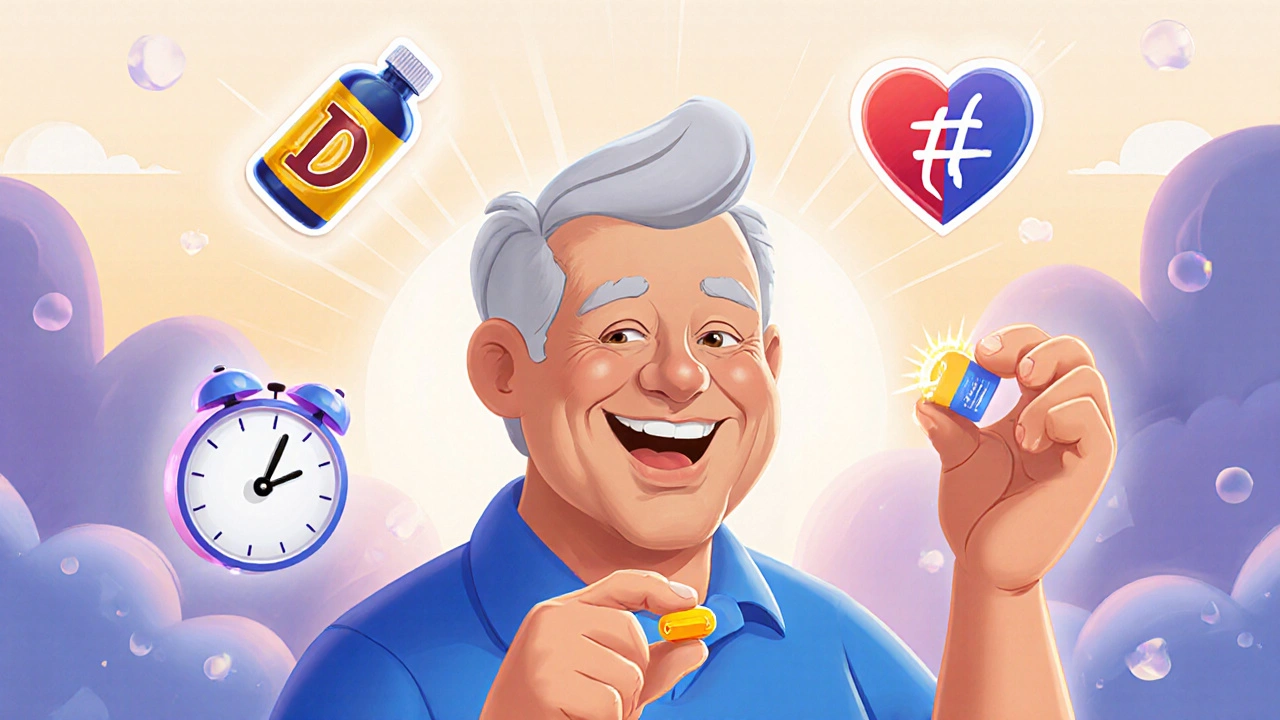Statin Alternatives: Natural and Prescription Options That Actually Work
When statins, a class of drugs used to lower LDL cholesterol by blocking liver enzymes. Also known as HMG-CoA reductase inhibitors, they're often the first line of defense against high cholesterol—but not everyone can tolerate them. Muscle pain, liver stress, and even increased diabetes risk are real concerns. That’s why many people start looking for statin alternatives, other medications or natural approaches that reduce cholesterol without the same side effects. The good news? There are several effective options, from prescription drugs with different mechanisms to well-researched supplements.
One of the most common prescription alternatives is ezetimibe, a drug that blocks cholesterol absorption in the gut instead of making it in the liver. It’s often paired with a low-dose statin, but can work alone for people who can’t handle statins. Then there’s PCSK9 inhibitors, injectable drugs that help the liver remove more LDL from the blood. These aren’t cheap, but they’re powerful—cutting LDL by 50% or more in patients with stubborn high cholesterol. For those preferring a natural route, red yeast rice, a fermented rice product that contains a compound similar to lovastatin has been used in traditional medicine and shown in studies to lower cholesterol, though quality control varies widely between brands.
What you won’t find in most doctor’s offices are the real-world trade-offs. Ezetimibe works slowly. PCSK9 inhibitors require monthly shots. Red yeast rice can still cause muscle pain, just like statins, because it’s chemically similar. And while fiber supplements like psyllium or plant sterols help modestly, they rarely bring down LDL enough on their own if your numbers are really high. The key is matching the alternative to your body, your risk level, and your lifestyle—not just chasing the idea of a "natural" fix.
Below, you’ll find real comparisons of cholesterol-lowering options—from prescription drugs like ezetimibe and bempedoic acid to supplements like red yeast rice and berberine. You’ll see what actually works, what’s overhyped, and which choices come with hidden risks. No fluff. No marketing. Just what patients and doctors are seeing in practice.

